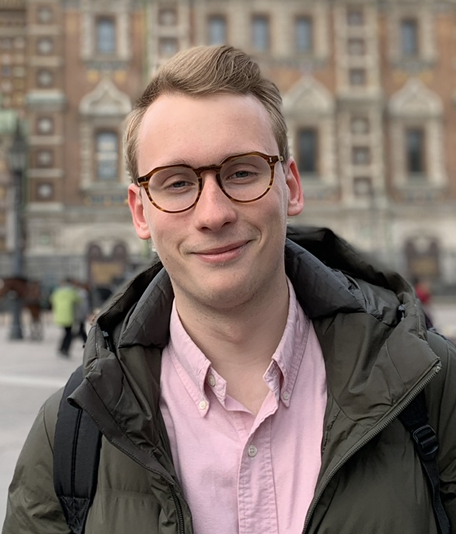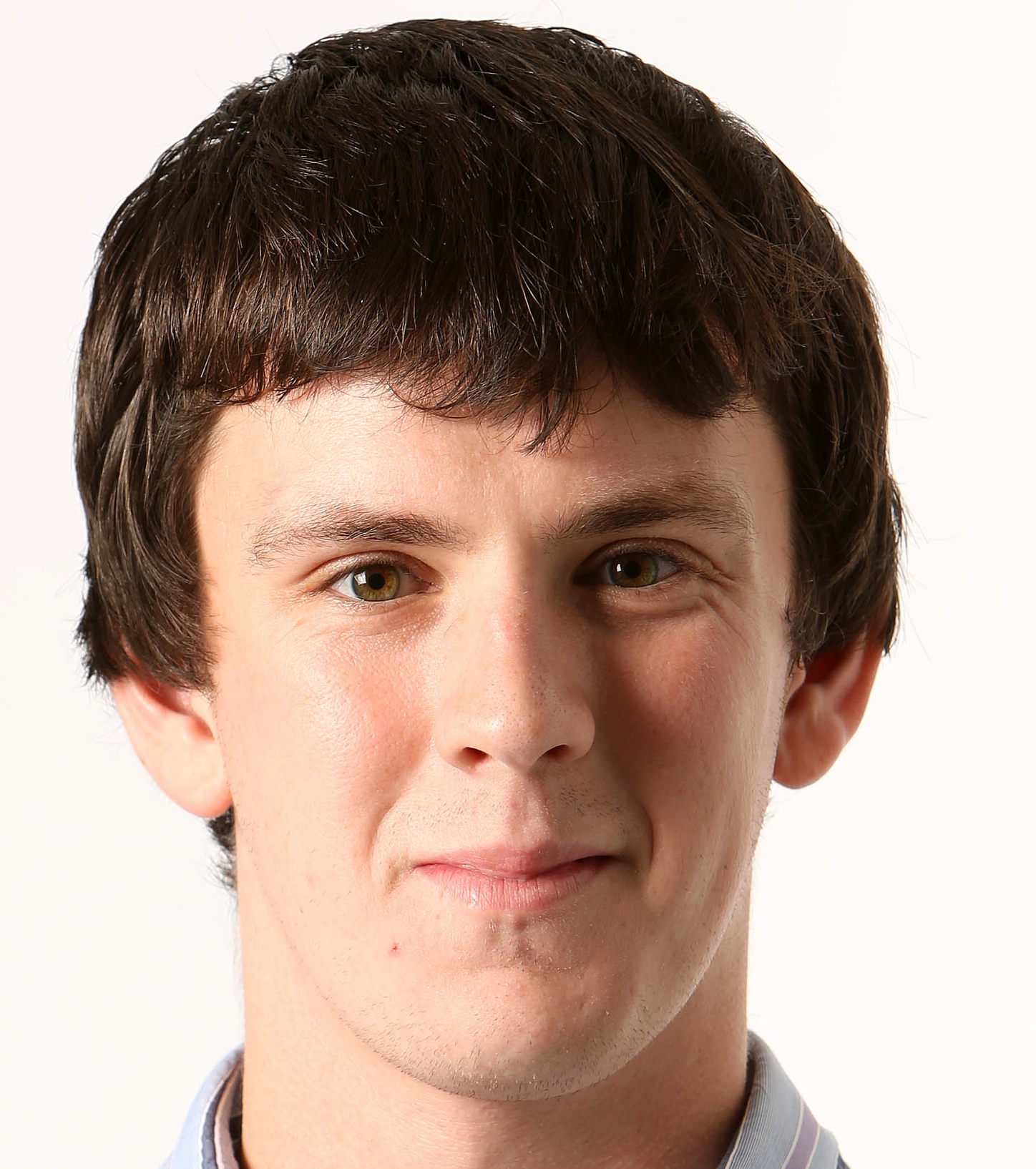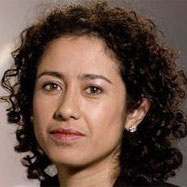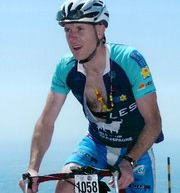Previous Geddes Prize Winners
Previous Geddes Prize winners include journalists now working for the Economist, the Times, the Guardian, the Daily Telegraph, Reuters, ITN, and BBC radio and television.

Tony Diver
Winner of the 2017 Philip Geddes Prize
US Editor, the Daily Telegraph
When I heard about the Philip Geddes prize, I set about thinking of the most outrageous journalistic project I could. I wanted something that would allow me to break new ground by travelling somewhere out of my comfort zone and interviewing interesting people.
I settled on a pitch on the effect of recent Indian health policy on leprosy, and the social ostracisation of patients who had recovered from the disease but bore deformities. I pitched it to a national newspaper on spec and was delighted when they accepted it.
My trip ran for six weeks, during which I travelled from Mumbai to Delhi across the Rajasthani desert, visiting ashrams and collecting interviews and photos for my story. I ended with a sit-down interview with an Indian health minister in an imposing Government building, which I was promptly thrown out of when I started a testing line of questioning about what I had learnt.
The Geddes Prize allowed me to travel across the world, meet fascinating people and grow in confidence as a reporter. When I came to apply for a position as a national newspaper journalist at the end of my time at Oxford, I told my interviewer about my trip in response to a question about a time I had felt uncomfortable – and got the job.

Tim Wigmore
Winner of the 2012 Clive Taylor Prize for Sports Journalism
Author and sports writer at the Telegraph
Winning the Geddes Prize was fantastic, as it helped fund my travel costs to begin reporting on county cricket as a freelancer in the summer of 2012. This set me on the path to a career in cricket writing, including covering the 2015 World Cup in New Zealand and Australia for publications including The New York Times and ESPNcricinfo. I am now a sports writer for the Telegraph.
My first book, ‘The Second XI: Cricket in its outposts’, analysing the sport in countries including Afghanistan, Ireland and China, was released in January 2015. My second book, Cricket 2.0, won the Wisden Cricket Book of the Year award for 2020.

Helen Lewis
Winner of the 2004 Philip Geddes Prize
Staff writer, the Atlantic
I always knew I wanted to be a journalist – it’s a licence to ask nosy questions. But at Oxford, I was a slow starter and only got involved with the student paper in the last term of my second year, rising to the dizzying heights of features editor the term after that. So when the opportunity came in my third year to apply for the Geddes Prize, I leapt at it.
I was jealous of the Teddy Hall winner that year, Mary Morgan, who used her winnings to go to Africa and work on something extremely worthy – while I stayed in Oxford and used the money to produce my own magazine, Oxide. It involved cajoling a lot of my student journalist friends into writing pieces after they’d just finished their finals and had sworn never to put a single word to paper again, so it certainly taught me how to be more persuasive.
It also taught me a lot about the craft of magazine production – paper weights and glosses, font styles and sizes, leading and kerning, and all the other minutiae that you don’t notice unless it’s done wrong and you can’t work out why your beautiful publication is now an eyesore.

Lucy Manning
Winner of the 1995 Philip Geddes Prize
Special Correspondent, BBC News
It is always exciting to win a prize. But even more so when you are just a student with no contacts in journalism, hoping to make it in a fiercely competitive world. The Philip Geddes Prize gave me my first mention in a national newspaper. “A lawyer’s daughter from Leeds” was the description in The Daily Express, I think. That meant more to me than others, possibly, as it was the paper my mum read. But more importantly it gave me something significant to put on my CV. It told all the newspapers and TV programmes that I wrote begging letters to that maybe I was someone to look at. And for that I am enormously grateful. It was also, I think, recognition for all those late nights in The Cherwell offices, all the essays that had to be written at 4am because the paper wasn’t finished. Justification that after all the moans from friends and boyfriends that the paper came before them, that someone in the form of this prize had recognised what I knew. That it was all worth it.

Samira Ahmed
Winner of the 1989 Philip Geddes Prize
BBC presenter
British journalism can still feel like a club for famous family surnames. So the Geddes Prize was a wonderful vote of confidence in talent and ambition over connections. Winning it only a few years after Philip’s murder, and going on to work in Northern Ireland soon after joining the BBC as a News Trainee, I have always sought to keep up awareness of the past in my coverage of the present. And in 22 years, at ITN, the BBC and in national newspapers, I have never taken for granted the privilege and pleasure of being a journalist.

Roger Sawyer
Winner of the first Philip Geddes Prize in 1985
Editor, Foundation Programmes, BBC College of Journalism
It seems such a long time ago… er, that’s because it is. I can remember being stunned and delighted, in that order, on being told I’d won the Philip Geddes Memorial Prize. I was also astonished that, once some news of the award filtered out, a couple of rather well connected people contacted me about my project which was about the invasion and partition of Cyprus in 1974. They wanted to talk to ME! So, a huge boost to my confidence and it confirmed my vague notions of venturing into journalism.
In a purely pragmatic sense, it’s a fantastic thing to put on your CV, an excellent and relevant talking point, especially when venturing into the trade for the first time and being sucked into that chicken-and-egg vortex of “we’re looking for experience – how do I get that? – through a job in journalism – how do I get THAT? – with experience”. It’s proof of commitment.
